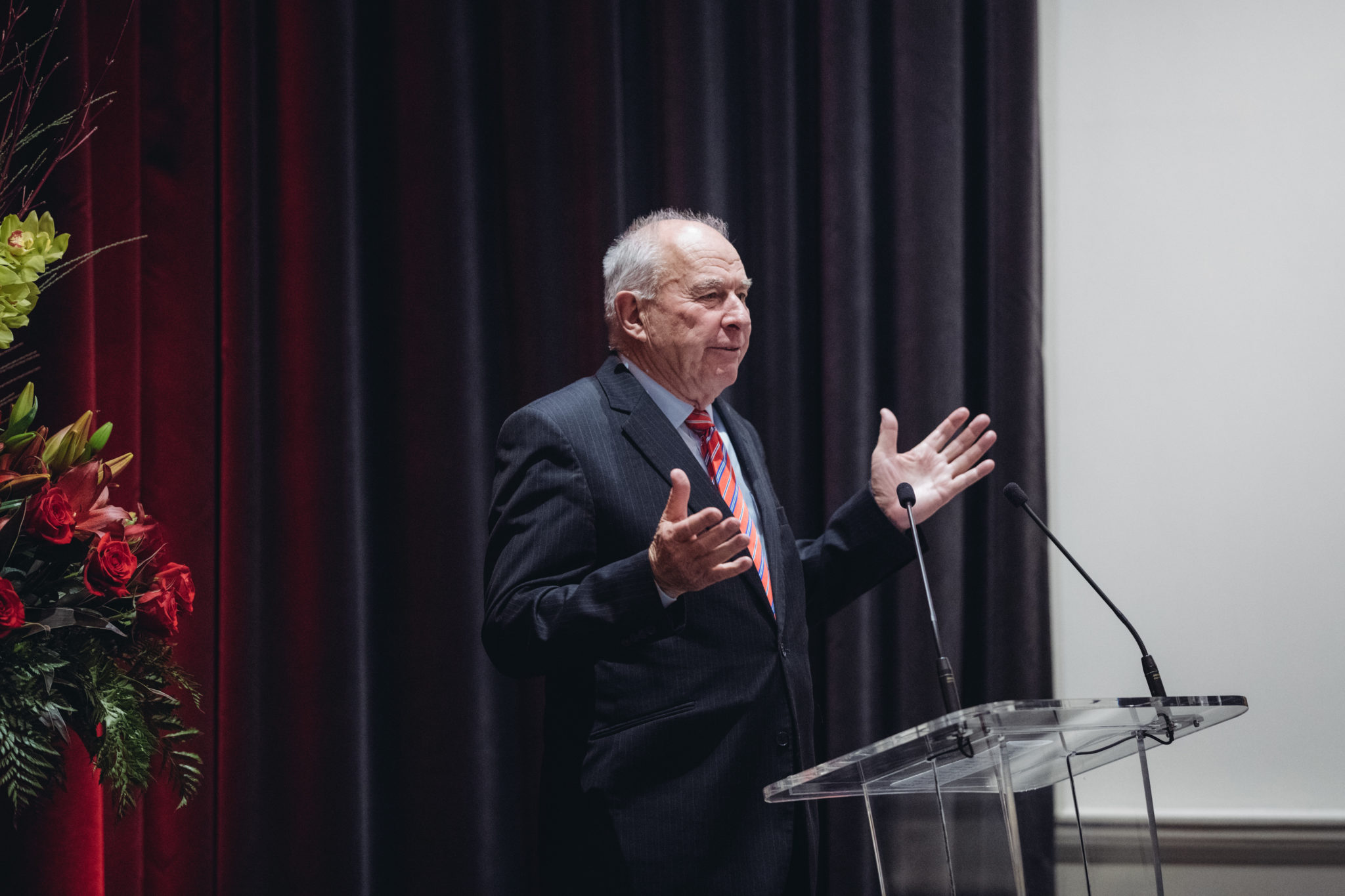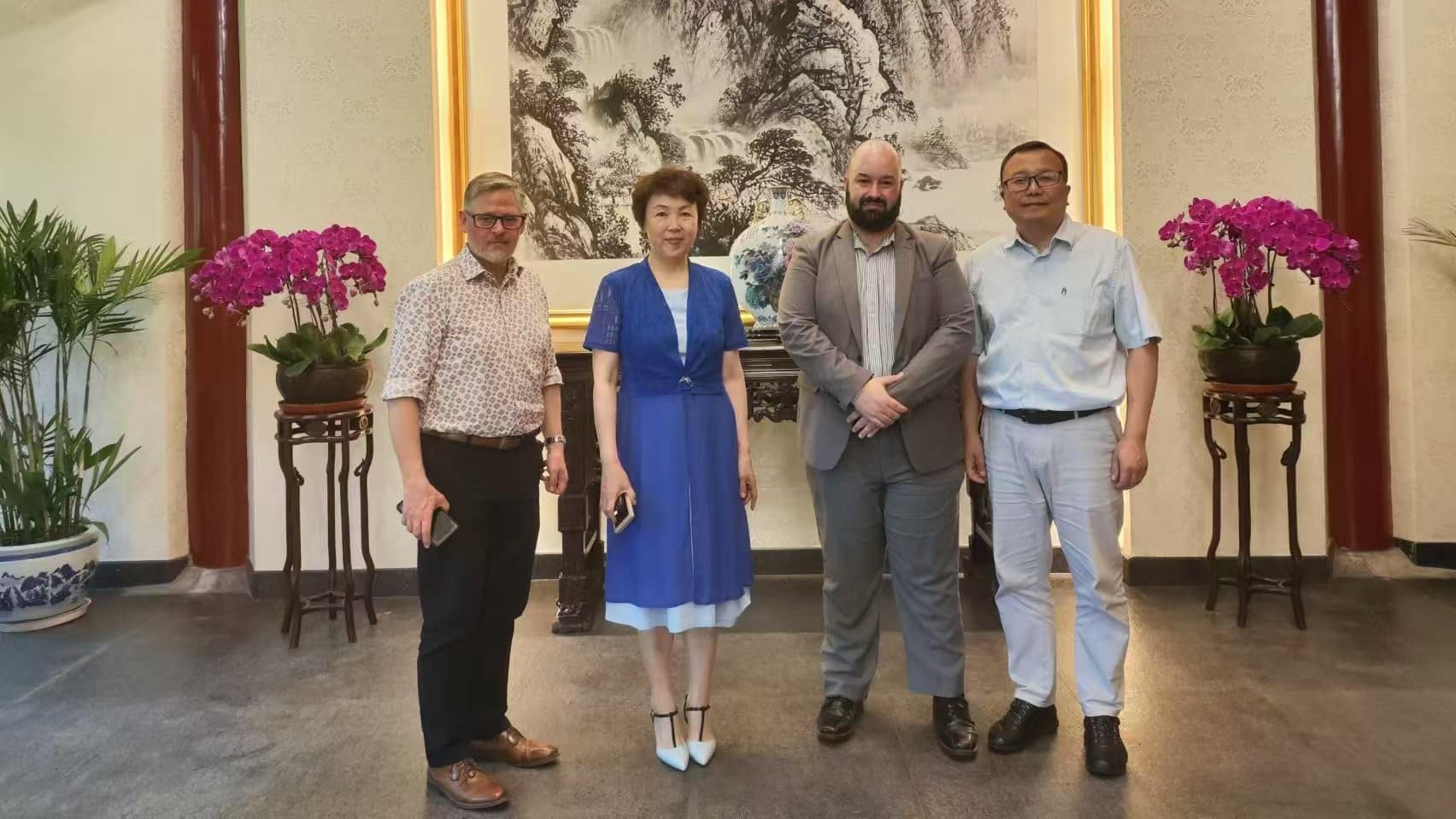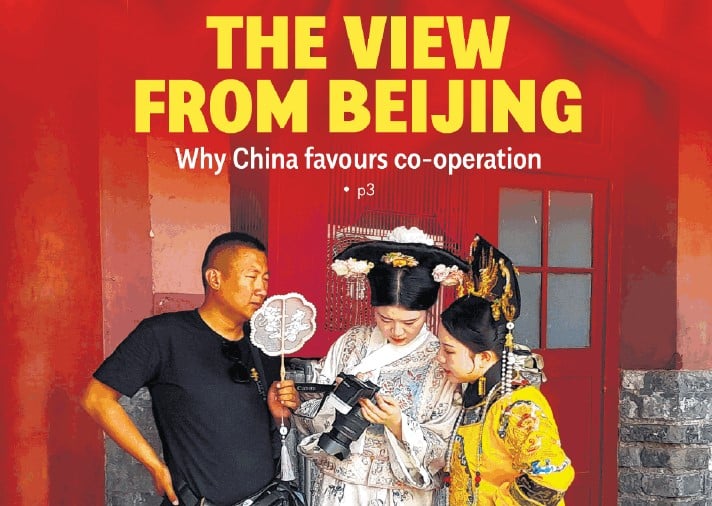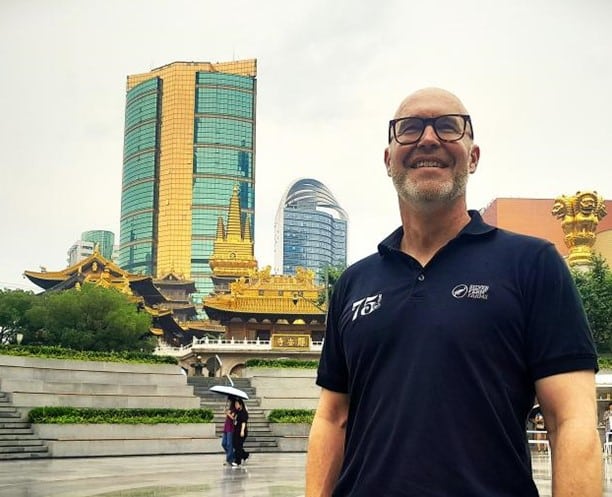Sir Don McKinnon: It’s time to reset the China narrative
The recent GCSB ruling in respect of Huawei must surely be a body blow for those who allege the Chinese Government and the Chinese Communist Party are influencing New Zealand’s policy-making.
The problem with the critical narrative on China has always been a lack of evidence. This is not to deny real differences in our values and political systems, but simply to question the real extent of China’s political influence in New Zealand today.
Asked to point to specific cases, critics refer to our position on the South China Sea. But who remembers the negative Chinese press commentary on this issue during visits to Beijing by former Prime Minister John Key or former Defence Minister Gerry Brownlee? If there were any lingering doubt, the incoming Government’s Defence Policy Statement must surely have made clear New Zealand’s position.
In the absence of more substantive evidence, attention has turned to donations made to New Zealand political parties by New Zealanders of Chinese descent. It is an extraordinary leap of logic from a donation to a political party made by a New Zealand citizen – as citizens have every right to do – to the Chinese Government meddling in our affairs.
The fact that these New Zealand citizens retain largely honorary connections in the country of their birth is hardly proof of a more sinister intent, especially in a country of the size and complexity of China, but it is a handy way of sensationalising the issue.
As a tactic, it’s taken straight from the playbook in Australia, where critics have been even more bullish in painting the actions of some Australian citizens and permanent residents as “Chinese interference”. Visiting former NSW Premier Bob Carr referred to this recently as “China panic”. It reminds us of another time, with another (then Communist) country and another campaign focused on personal vilification led by Senator McCarthy.
The result in Australia has been a marked deterioration in relations between the two countries. Visits by Australian Ministers to China were stopped for over a year which has prevented the Australian Government raising with the Chinese the very issues they are concerned about.
New Zealand now finds itself in a similar situation, in light of the recent decision in respect of Huawei. The substance of the decision is not for me to debate, but the risk is that it complicates the already complex management of the trade and economic relationship at a time of geopolitical tension. National security is important but so too is our increasingly multi-faceted relationship with China. We need to manage both carefully.
At one level debate about the issue of foreign influence is healthy. If we care about our democracy we should, after all, be prepared to defend it. The risk of overreaction in New Zealand is all too real, however. We can and must co-exist with a growing China, and we have the opportunity to learn from the Australian example.
Let’s continue being frank and open with China about the issues we clearly disagree on. One such issue is human rights, which we should pursue through direct dialogue, such as the meetings I established with China when I was Foreign Minister. This is the best way to deal with such issues.
Our relationship needs to be resilient enough to stand the occasional disagreement or disappointment. On transparency in the political system, let’s have a serious evidence-based debate about the rules governing all donations, foreign and otherwise.
But let’s refrain from concentrating on largely unsubstantiated links between the actions of Chinese New Zealanders and the leadership in Beijing. The short step from rational debate to panic can come at a heavy cost.
This commentary was published in the New Zealand Herald on 12 December 2018.












 MENU
MENU
